The Real Invasion: Setting the Record Straight on Irreechaa in Finfinnee
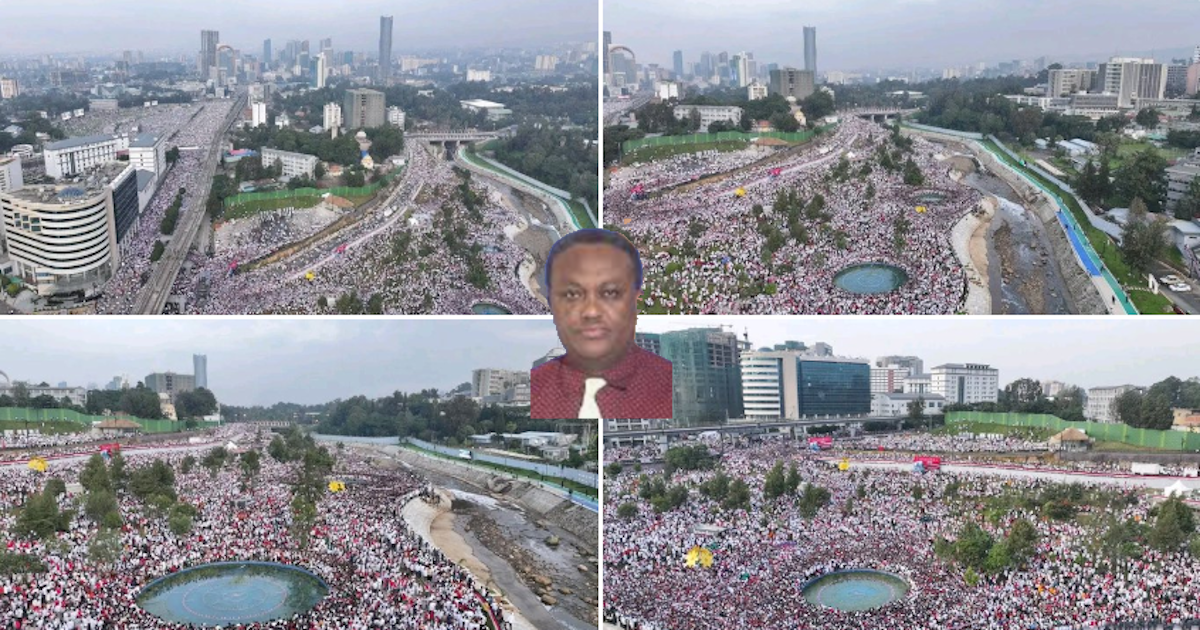
Excerpt
When Amhara journalist Mesay Mekonnen called the Oromo people’s Irreechaa celebration in Finfinnee an “invasion,” he inverted history itself. Finfinnee was founded through the blood of Tuulama Oromos — victims of the real invasion under Menelik II’s empire. To call their thanksgiving trespass is to mock truth and morality. Irreechaa in Finfinnee is no invasion; it is a people’s dignified reaffirming of the center of their own homeland, culture, and memory.
When a journalist like Mesay Mekonnen dares to call the Oromo people’s celebration of Irreechaa in Finfinnee (Addis Ababa) an “invasion”, he crosses not just a line of decency but one of history, morality, and conscience. To call the Oromo people’s cultural thanksgiving in their own land an invasion is not simply wrong — it is an act of historical violence, a desecration of truth, and an insult to peace itself.
The Inversion of Truth
Finfinnee — later renamed Addis Ababa by the conquering colonizer assisted by European powers— was not a city born of harmony. It was built as a garrison fortress by the Abyssinian Emperor Menelik II in the late 19th century.
How was this land acquired?
Through the blood of the Tuulama Oromos, through burning homesteads and seized farmlands. The empire’s soldiers, aka nafxanyaas, did not arrive at an empty plateau — they invaded a living, breathing Oromo homeland. The Tuulama people, who once lived freely around the springs of Finfinnee, were massacred, displaced, and enslaved to make room for the imperial capital. That was the real invasion — the violent conquest that laid the foundation for a city built upon Oromo tears.
So when Mesay Mekonnen, a beneficiary of that legacy, calls Irreechaa in Finfinnee an invasion, he is not exercising journalism. He is recycling imperial propaganda — the language of conquest dressed in modern arrogance and gross insensitivity.
Finfinnee Is Oromia — The Truth You Refuse to See
Let us remind ourselves — and the deliberately forgetful: Finfinnee is not a border town. It is not an outpost disputed between Oromia and the Amhara region.
It sits at the very heart of Oromia — surrounded by Oromia, nourished by Oromia’s rivers, and spiritually anchored in the Oromo worldview.
The colonizers did not parachute from outer space into Finfinnee by avoiding Oromia. They marched through Oromo land, crushing Oromo lives, and planting their garrison on conquered soil. That is history — not myth, not emotion, but fact. Every path that leads to Finfinnee passes through Oromo land. Every breath of its highland air carries Oromo memory. The very name Finfinnee — meaning “the place of springs” — predates the empire’s conquest by centuries. If you truly grasp that, then you must accept this simple truth: Finfinnee is Oromia.
- Your ancestors settling here does not make Finfinnee any less Oromo.
- It only makes your moral obligation to respect its truth more urgent.
If you have a sense of decency, you should be ashamed of what you are insinuating — ashamed of what you are implying, ashamed of what you are saying. You do not feel what the aggrieved feel. You do not hear the echo of their silence.
Your sheer insensitivity is matched only by the astonishing tolerance of the Oromo people, who have endured a century of distortion with grace and patience. When they expect you to keep quiet, you poke into the wounds of the aggrieved. When they expect you to apologize, you insult with an inversion of truth — calling the celebration in their own land an “invasion.”
This message is not for you alone, Mr. Mesay Mekonnen. It is for the thousands of Amhara elites like you — those who still refuse to confront the historical realities that underpin their privileges, those who lecture the dispossessed about propriety while standing on their pain.
- Finfinnee is not yours to define.
- It is Oromo ground reclaimed by truth.
The Moral Absurdity of Calling the Victim an Invader
To accuse the Oromo of “invading” Finfinnee is like accusing a displaced family of trespassing when they visit the ruins of their ancestral home. It is a moral inversion — a cruelty of memory that exposes how deeply colonial arrogance still infects the national psyche.
The empire that sought to erase Oromo culture now trembles at its reawakening. The very system that renamed Finfinnee to Addis Ababa cannot bear to see the original name spoken again. This is not fear of invasion — it is fear of truth.
Irreechaa: A Celebration of Peace and Belonging
Irreechaa is not a political demonstration. It is an ancient thanksgiving to Waaqaa (God) — a celebration of life, nature, and renewal that long predates the empire that silenced it. To see Irreechaa return to Finfinnee after more than a century of suppression is not provocation — it is healing. It marks the reunion of a people with their own history, the restoration of cultural dignity long denied. So when the sons and daughters of Oromia gather by the rivers of Finfinnee, adorned in Black, Red, White, and Green, they are not invading. They are remembering. They are re-rooting themselves in the soil that once cradled their ancestors.
The Real Invasion Continues
The real invasion is not the Irreechaa festival — it is the ongoing occupation of historical truth by arrogance and denial. It is the invasion of distorted narratives into public discourse, the invasion of entitlement into conscience, the invasion of silence into justice.
When those who once benefited from conquest still frame the descendants of the conquered as intruders, that is not nationalism — it is pathological denial. When the conqueror still refuses apology yet lectures the oppressed on restraint, that is not unity — it is hypocrisy.
Reclaiming Truth and Dignity
The Oromo people owe no apology for celebrating life in their own land. They owe no explanation for restoring a tradition once outlawed by force. What they deserve instead is recognition, apology, and reparation — for the historical crimes that created today’s inequality and resentment.
- Irreechaa in Finfinnee is not an invasion.
- It is the long-delayed reaffirming of a wounded people, the flowering of cultural memory where blood once soaked the earth.
- It is the light of truth piercing through generations of denial.
So, Mr. Mesay Mekonnen — before you speak of invasion, take a walk through history with honesty. Look upon the land your ancestors conquered and the people who survived it. Then, perhaps, you will understand: the ones singing by the rivers and waters of Finfinnee are not invaders — they are the rightful children of the land, finally unshackled by truth.
A Lesson in Truth and Coexistence
On the positive side, Mr. Mesay Mekonnen, let us at least thank you for one thing: you have unintentionally created an opportunity. Your insensitivity, your inversion of truth, and your persistent insolence have opened a can of worms that you may soon wish had remained sealed. By provoking this discussion, you have forced the truth to surface — a truth so deep and undeniable that it will haunt every false narrative you attempt to build upon it.
Make no mistake: your words have not advanced your cause. They have exposed it. You have set yourself back by orders of magnitude, revealing the depth of moral decay that such thinking represents. You have reminded a generation of Oromos why they must remain vigilant in protecting their dignity and their truth.
So here is Lesson 101 in peaceful coexistence, one we offer sincerely — not in spite, but in the hope that understanding might one day prevail:
- Learn the truth — and let historical truth humble you, rather than make you arrogant.
- Learn empathy — not as a political tactic, but as a moral necessity.
- Learn to listen to the pain of the aggrieved before you rush to insult them.
- Learn that knowledge and intelligence are humbling and build bridges; your bravado of ዘራፌዋ parades only arrogance and ignorance.
- Learn the discipline of silence in matters that do not concern you. Do not dare lecture the Oromo people about Irreechaa — a sacred tradition you could neither define nor dignify even if you tried. Every word you utter on it is an echo of colonial arrogance dressed as commentary.
- Learn that Soft Power — emotional intelligence; intellectual capital; respect; moral authority; moral restraint; recognition, apology; cultural values; social capital; and solidarity — is ultimately more powerful than the most destructive Hard Power. Hard Power commands; Soft Power convinces. Hard Power dominates; Soft Power dignifies. Now you should know where true strength resides — in the hearts, minds, and moral courage of people. It is not difficult to guess where you belong — the real test of character is whether you can ever switch sides to truth and decency.
Understand that the Oromo people, and especially the new generation of Oromo intellectuals and elites, will no longer give a pass to your nonsensical diatribes, your outdated hegemonic reflexes, or your persistent disrespect. Those days are over. The age of silent endurance has ended.
You may have grown accustomed to an Ethiopia where truth was silenced by force, but that time has passed. The Oromo voice is awake, articulate, and unafraid — and it will meet distortion with documentation, arrogance with authenticity, and insult with unflinching truth.
Now, let us ask you plainly — can you name even one bad thing about Irreechaa, the ancient Oromo thanksgiving, that graced the city of Finfinnee and captivated the world? Can you point to one act of hate, one moment of violence, one gesture of disrespect that mars its beauty? Of course not. Because Irreechaa is not your enemy. It is gratitude in motion — the living rhythm of peace, renewal, and belonging.
So what, Mr. Mesay Mekonnen, is truly wrong with you? What blinds you so deeply that you see threat in thanksgiving, invasion in celebration, and arrogance in humility? You are not witnessing an invasion. You are witnessing a people healing in the open sunlight of truth.
And if that unsettles you, perhaps it is not the people who need to change — but the darkness within the lens through which you view them.
Selected References
-
- OT Editorial, Much Ado About Irreechaa: Psychology Behind the Criticism of Oromo Thanksgiving, 30 September 2025, OROMIA TODAY.
- Leemmaan Leeqaa, Much Ado About Irreechaa in Finfinnee: Roots, Identity, and the Future of Coexistence, 1 October 2025, OROMIA TODAY.
- Elemoo Qilxuu, The Unshakable Truth: Finfinnee is an Oromo City, 18 February 2025, OROMIA TODAY.
- Fikir Adis Asefa on Facebook, 4 October 2025, Facebook Reel, Facebook.
- Ethio Insiders on TikTok (@ethio_insiders), 4 October 2025, TikTok.

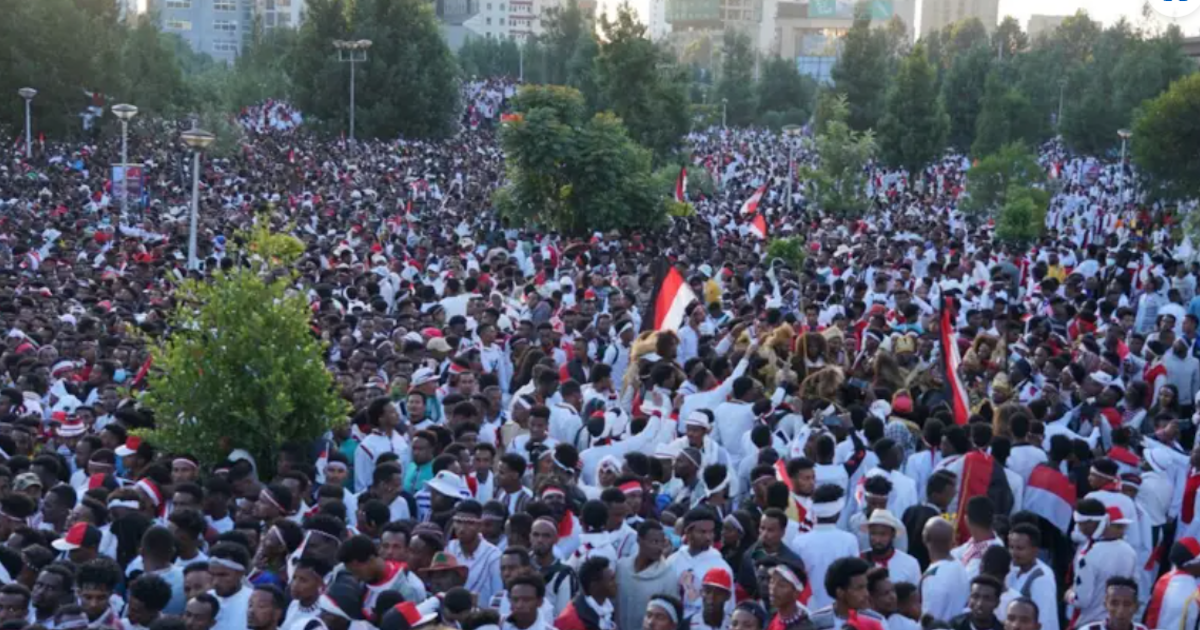
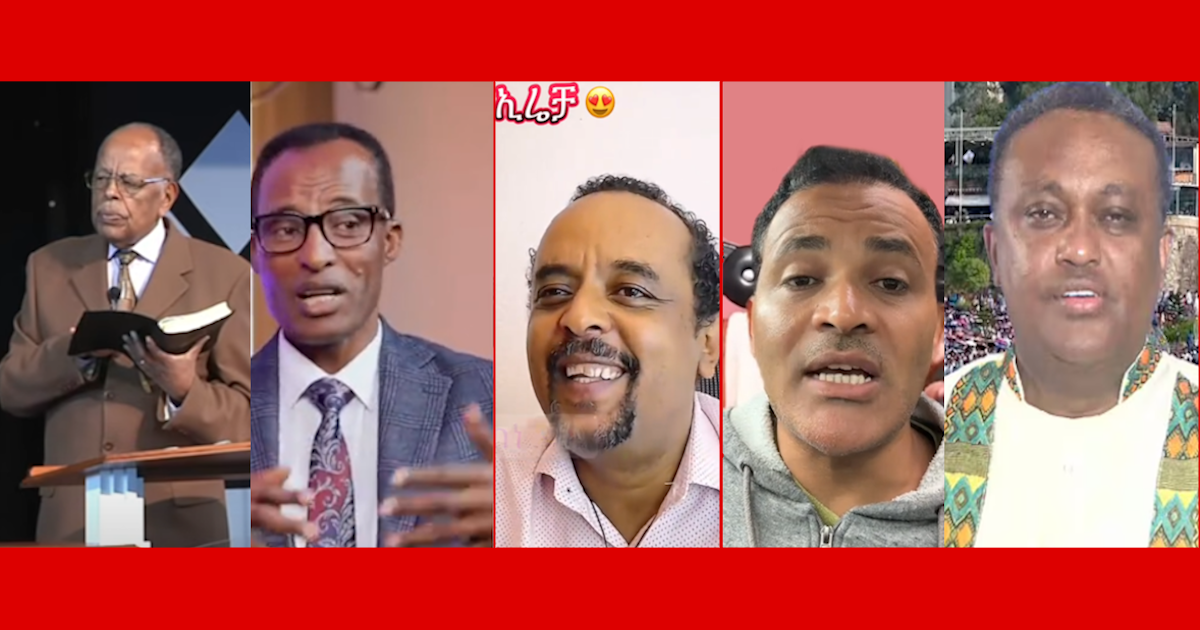
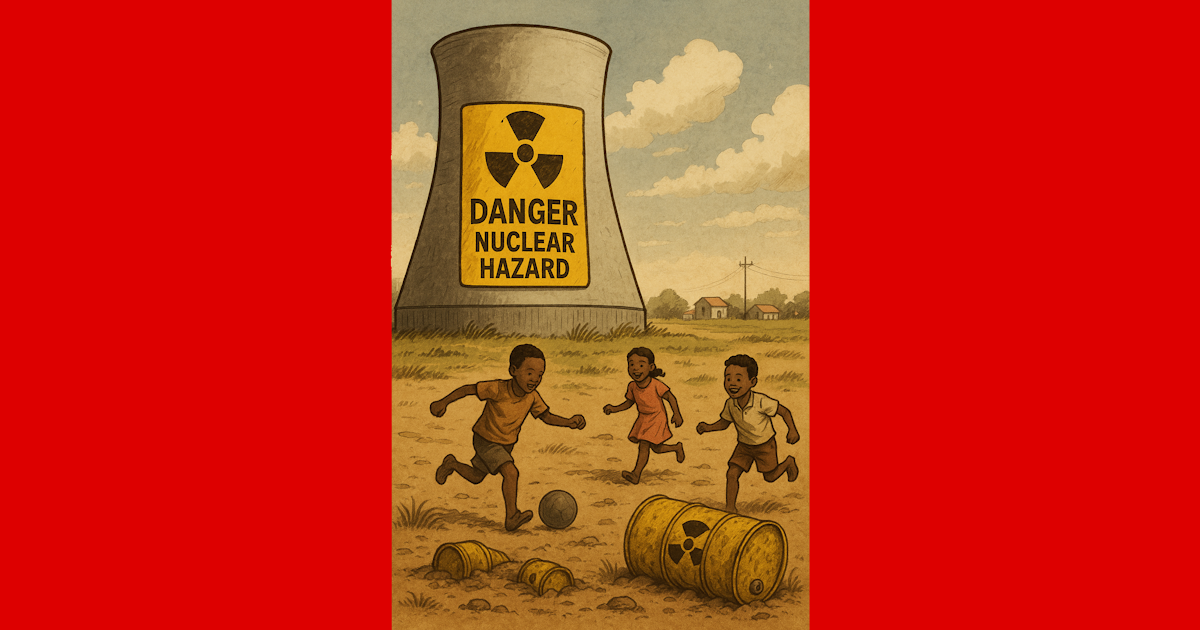
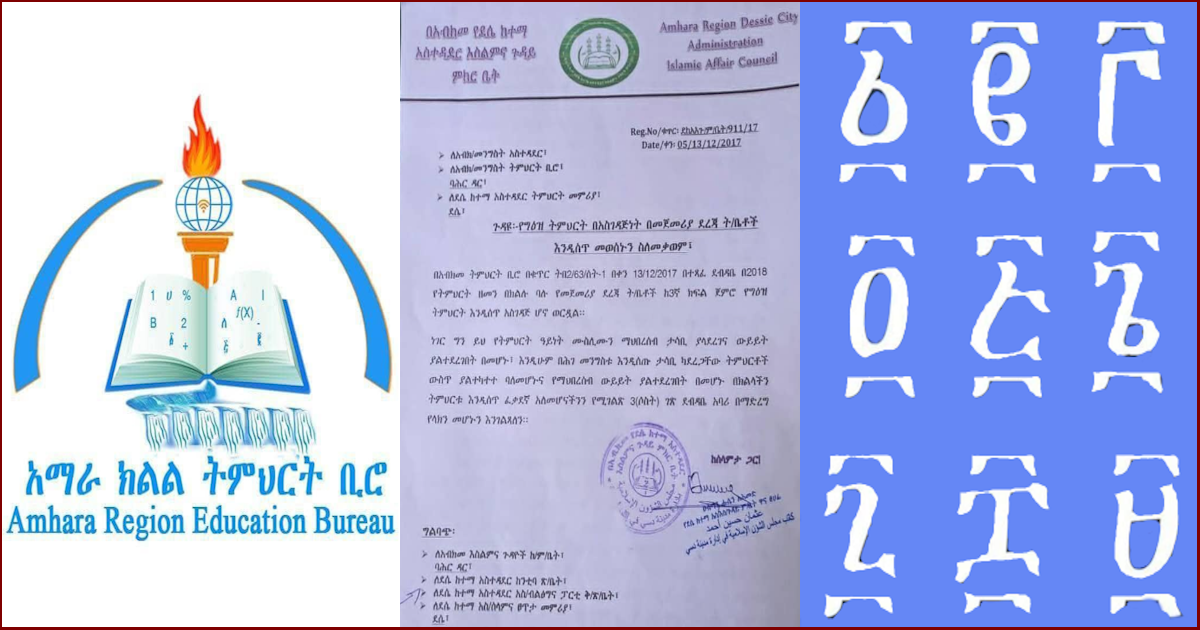
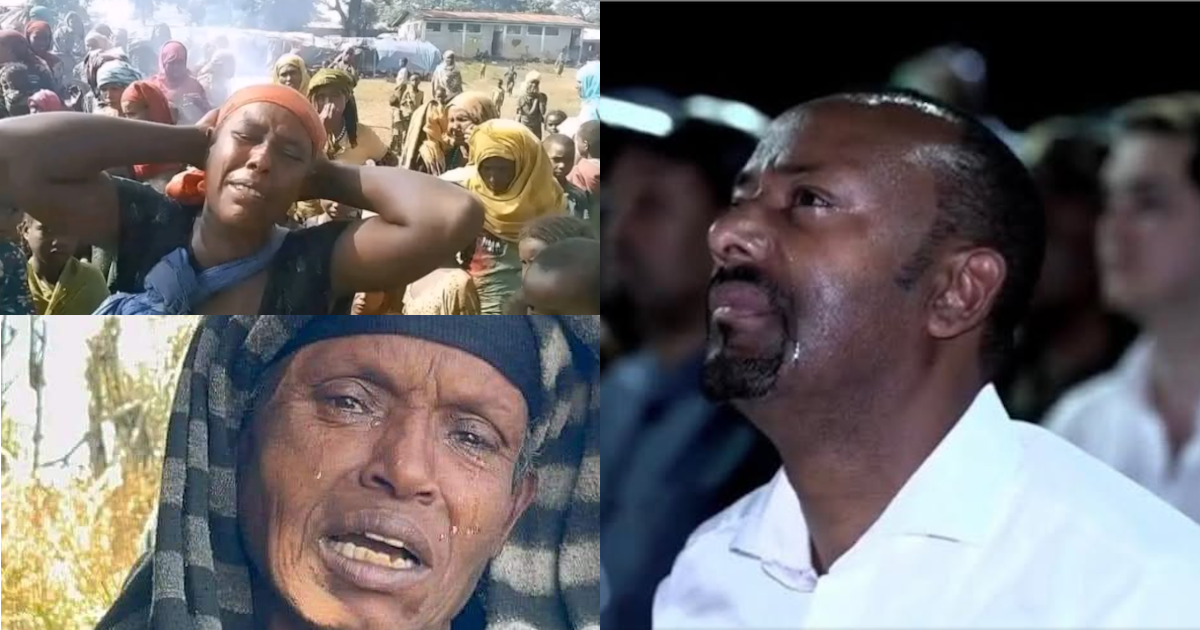
Wow, wow, the author nailed it!